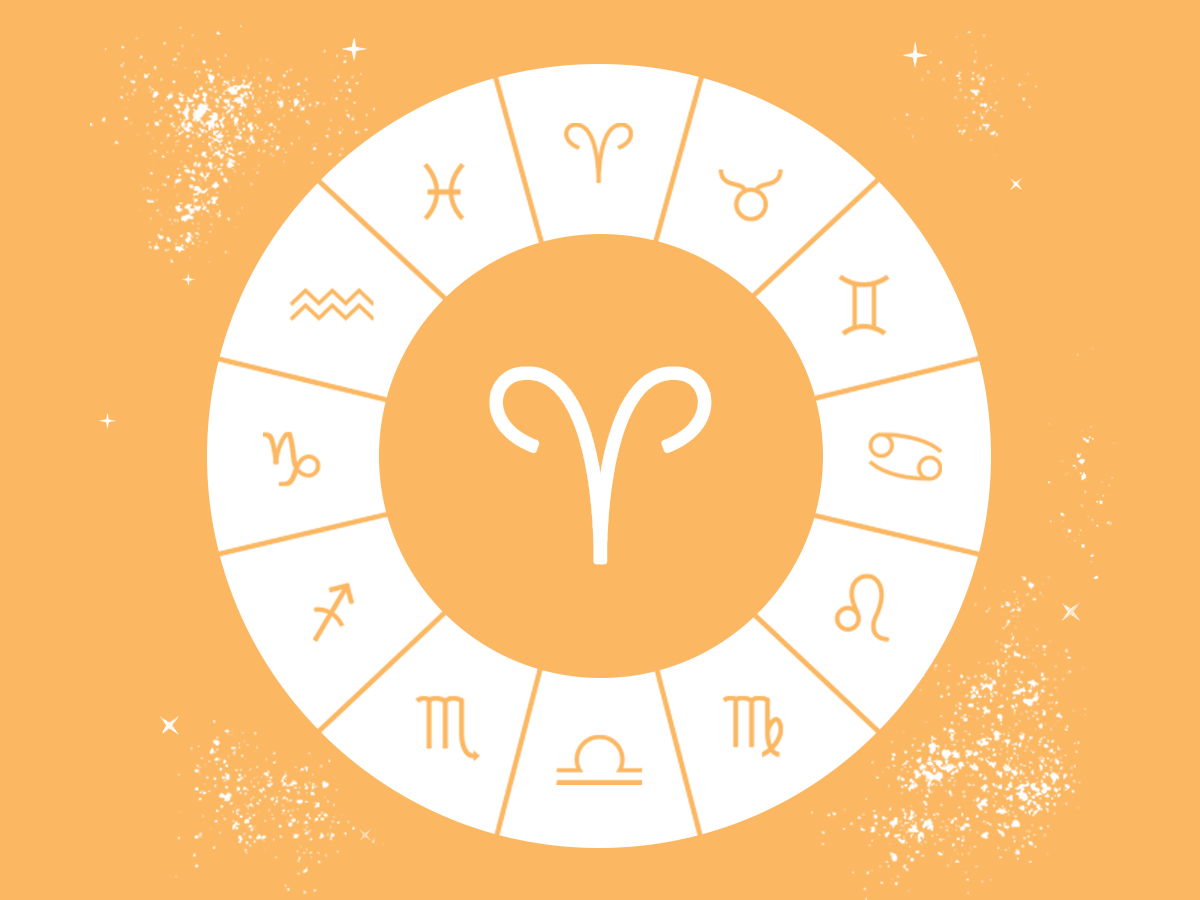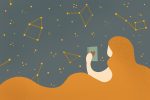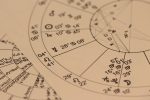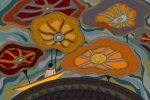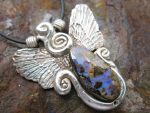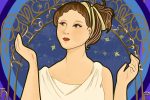People often discount astrology’s value because of the horoscopes they see in magazines, newspapers and online, but there are reasons why those back-of-the-book pieces can feel phony.
Astrologers develop visions of the future by analyzing the planetary motions, examining charts and comparing transits with geometry. The vast nature of astrology can make it difficult to capture the complexity of what a person may experience during any given transit because there are many factors that can be difficult to condense onto one page.
Print horoscopes are often no more than 100 words for each sign, making it difficult for astrologers to truly go in depth about how each sign relates to the world that day. Limited space also can cause the predictions to feel too general, because not only is each sign experiencing the same transits in different ways and at different astrological degrees, the planets are also constantly moving, and transits change at specific times. The specificity of transits, which is down to the minute, either causes their effects to become stronger or weaker depending on the person’s birth chart.
Since electional astrology, or the natal charts of events, varies from day to day, horoscopes are calculated by each day’s natal chart synastry and each of the 12 zodiac signs. Astrologers achieve this by placing the sign of the horoscope they’re writing about in the first house of a natal wheel and then aligning the transits for the day with another chart, usually that of each sign, to compare and see how the transits relate to that sign.
A common mistake people make with horoscopes is reading only for your sun sign. Because horoscopes begin with a given sign in the first house, it is useful to read the horoscope for your rising sign instead of, or along with, your sun sign.
Reading the rising sign will give you more insight into how you interact with others and how you present yourself on a day-to-day basis because the sign is calculated from your exact birth time, whereas sun signs are only calculated from the day you were born.
Rising, or ascendant, signs represent the personality or your most natural self. They represent not only how you appear to other people, but also the axis for the rest of your birth chart. Your ascendant is in your first house, which means that the rest of the houses and ultimately your entire birth chart are dictated by that. This placement is the zodiac sign that was directly above the horizon at the time of your birth.
The more I study astrology, the more I understand how intricately personalized it really is. No free horoscope can capture the nuances not only of the day, but of a person’s own experience regarding their natal chart in relation to planetary transits. In order to have a better understanding of how each transit affects you, Time Passages is my favorite app because it tells you which planets are at what angles in relation to your birth chart. Angles can either be positive or challenging, so it can help explain what’s going on in your life and how you are feeling.
It is important to note, however, that horoscopes can be helpful because of confirmation bias or manifestation, depending on your perspective. That is, horoscopes operate on the idea that if you believe something then read something that confirms your thoughts or feelings, your belief strengthens. Although this can seen as a bad thing when confirmation bias in used to discount astrology as a whole, it can be very positive and even healing.
Manifestation is also the idea that things come true when you speak them into the universe and believe they will happen, which can be really powerful, regardless of whether or not you study astrology.
Ultimately, the accuracy or reality of horoscopes and astrology is less important that what it brings to people’s lives and how it can help a person cope, learn and practice spirituality.
Although astrology has gained popularity in recent years, horoscopes in newspapers are a long-standing tradition and have helped guide people since the mid-20th century. The ancient practice is highly developed and complex; however, sun sign astrology is the most popular part of the study because of how mainstream horoscopes operate. In reality, however, sun sign astrology is one of the least accurate measures on how an individual will navigate the world on a given day because it ignores critical aspects of a person’s birth chart.
Regardless of scientific validity, astrology and horoscopes have a very positive purpose. Everyone wants to know what’s going on in their lives and even what will happen in the future, and while none of the information provided is guaranteed, horoscopes serve to help people feel in control, learn about themselves, understand situations better and even heal.


